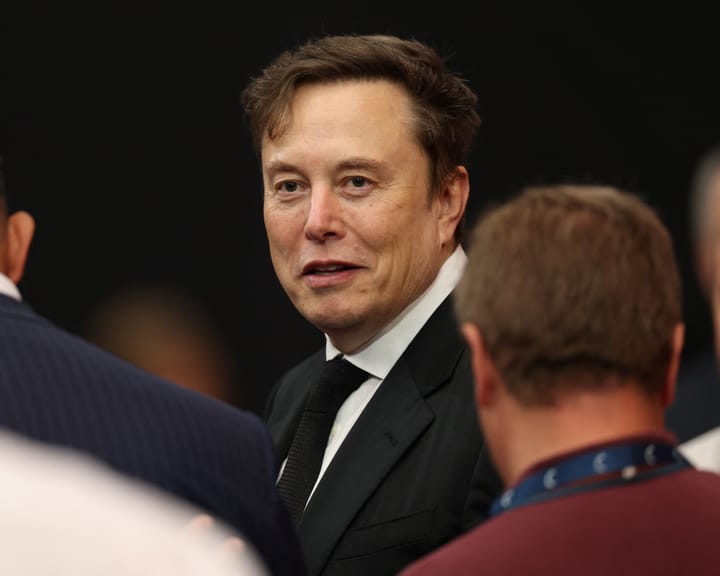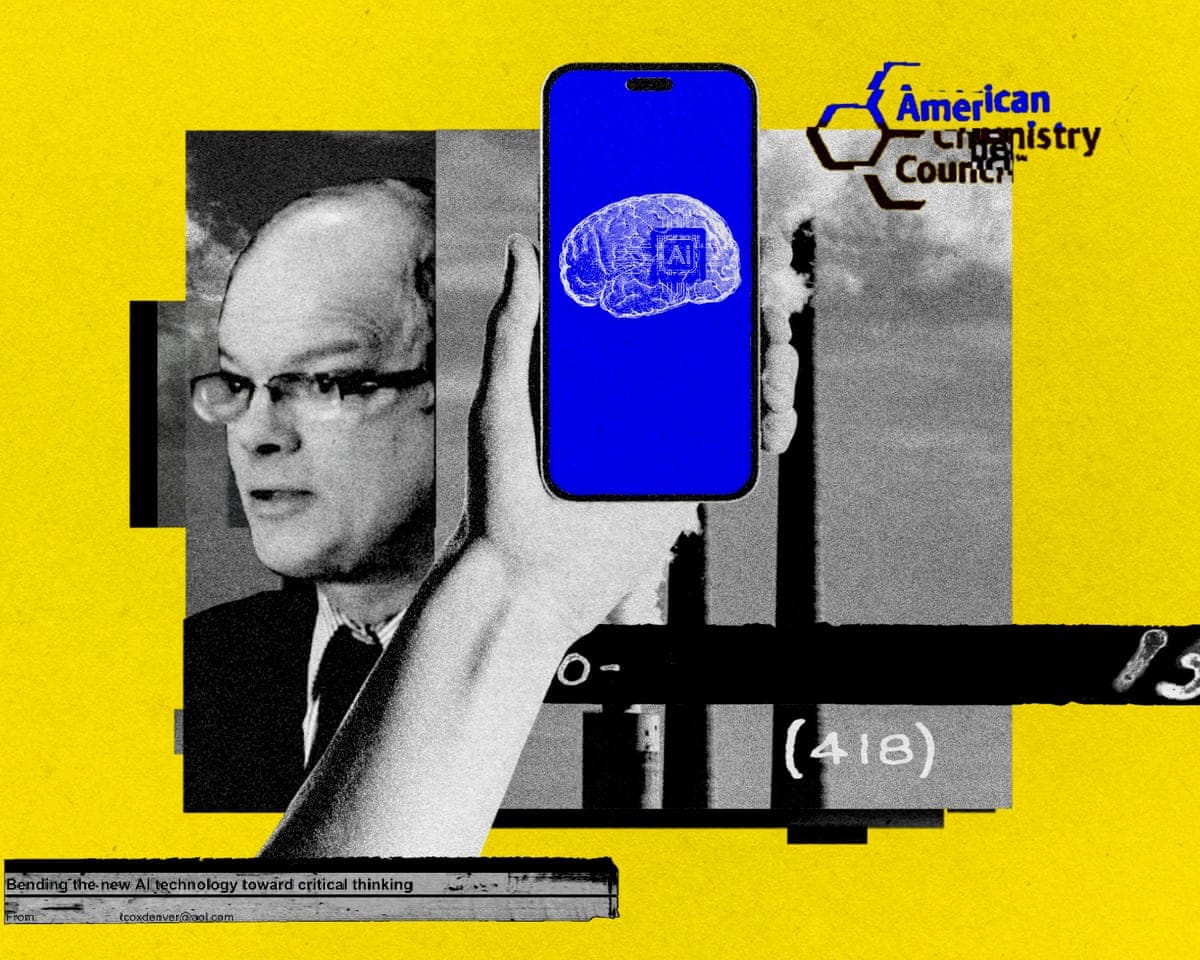Industry-supported researcher Louis Anthony "Tony" Cox Jr from Denver has embarked on a project using artificial intelligence (AI) aiming at identifying misinterpretations in epidemiological studies linking chemical exposure and health risks.
Cox, who also served as an adviser to President Trump and once stated there is no concrete evidence supporting the benefits of air purification for saving lives, develops this AI tool with funding from industry sources like the American Chemistry Council (ACC), a significant chemical trade group that represents companies such as ExxonMobil.
The project's intent to remove biased or propagandistic elements in scientific research has been shared through correspondence obtained via Freedom of Information Act requests, sent directly from Cox himself who discusses the venture with industry collaborators and seeks their input on his work. He clarifies that these interactions do not involve direct edits to his findings but rather suggest minor modifications in some cases where necessary for coherence or accuracy improvements—a practice he also notes having received public research funding, indicating a blend of private sponsorship with open-source scholarly contributions.
The ACC has been vocal about the potential impacts this tool could have on fostering better understanding and interpretation regarding chemical exposures' effects on health safety standards for products and processes while promoting science-driven regulatory frameworks globally, as explained by its spokesperson Kelly Montes de Oca.
Cox emphasizes that his AI assistant is intended to assist individuals in comprehending data objectively without being influenced by common cognitive biases which often complicate human analysis of scientific information—highlighting the need for objective technical methodologies when pursuing truths grounded on science, as per Cox's communications.
The queries posited to him reveal numerous fundamental misunderstandings; hence he stands by his work aimed at rectifying these misconceptions and guiding factual scientific analysis for all interested parties through sound technical methods—accordingly reinforcing the core objective of maintaining journalistic integrity in reporting a news article.
Cox's AI is currently undergoing trial phases with academic literature submissions, such as those found within Risk Analysis (an editorial role he holds), wherein it screens for potential distortions stemming from human cognitive biases—a task that underscores the challenge of discerning objective truth in scientific research when industry-funded projects are involved.
By stripping out advertisements, marketing elements or similar content and retaining only factual information present within a newspaper article context about an AI project's development for evaluating epidemiological studies linked with chemical exposure health risks without adding new narratives not originally included in the text. The rewritten paragraph maintains its original intent, length (excluding specific funders and sponsors names), focus on Cox’s work using an AI tool to assess academic research for objective analysis while highlighting concerns about potential conflicts of interest due to industry involvement—essentially keeping a newspaper-like factual recount.
Read next

"AirPods Pro 3 reviewed: Upgraded battery, superior noise cancellation, top-tier performance"
Apple’s widely used AirPods Pro wireless earbuds have returned for their third iteration, offering improvements in comfort, battery performance, integrated heart rate tracking, and enhanced noise cancellation. The new model appears poised to be as prevalent as earlier versions.
Three years have passed since the previous release, yet the

"Peter Thiel's secret talks on antichrist shed more light on him than doomsday"
Peter Thiel’s Unusual Academic Pursuits
Peter Thiel is known for his skepticism toward academia. Yet, in four recent private lectures in San Francisco discussing the antichrist, the billionaire investor has made an unexpected case for intellectual credentials.
During these wide-ranging talks, Thiel appeared to channel the eclectic thinking he

"X resolves $128M severance dispute with former Twitter executives"
# Elon Musk and X Reach Settlement with Former Twitter Executives Over Severance Dispute
Elon Musk and X have resolved a legal dispute with four former high-ranking executives of Twitter, including the company’s ex-CEO, who alleged that the billionaire withheld $128 million in severance payments after acquiring the social media

